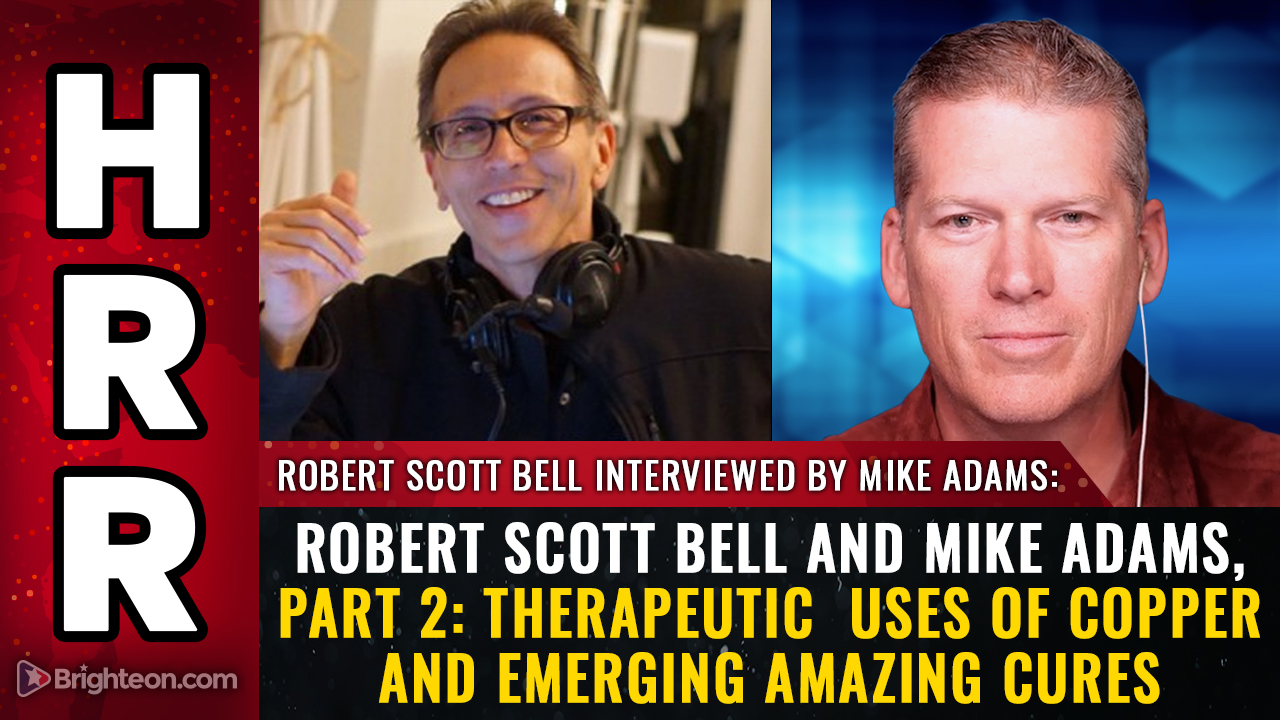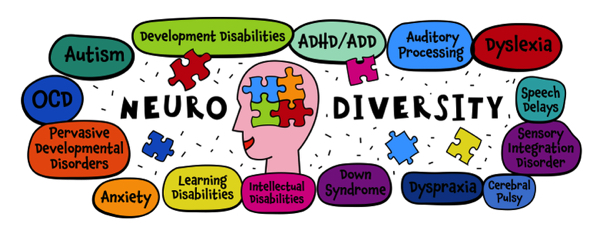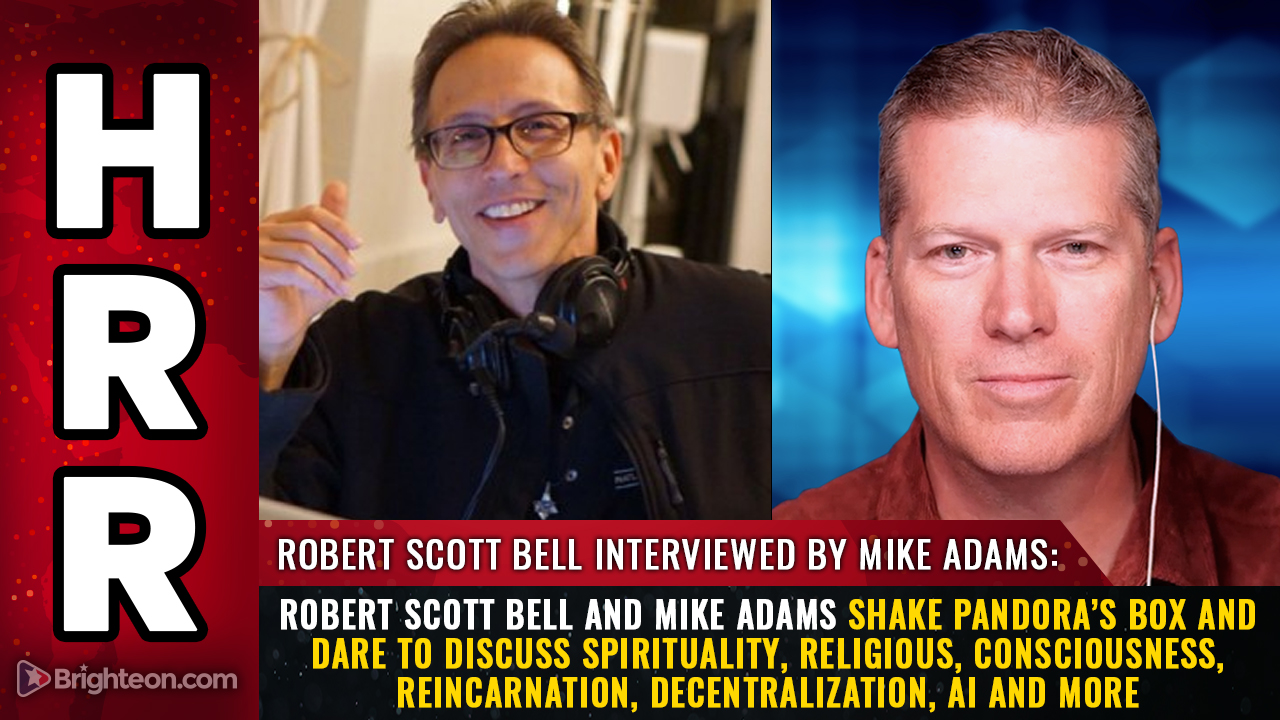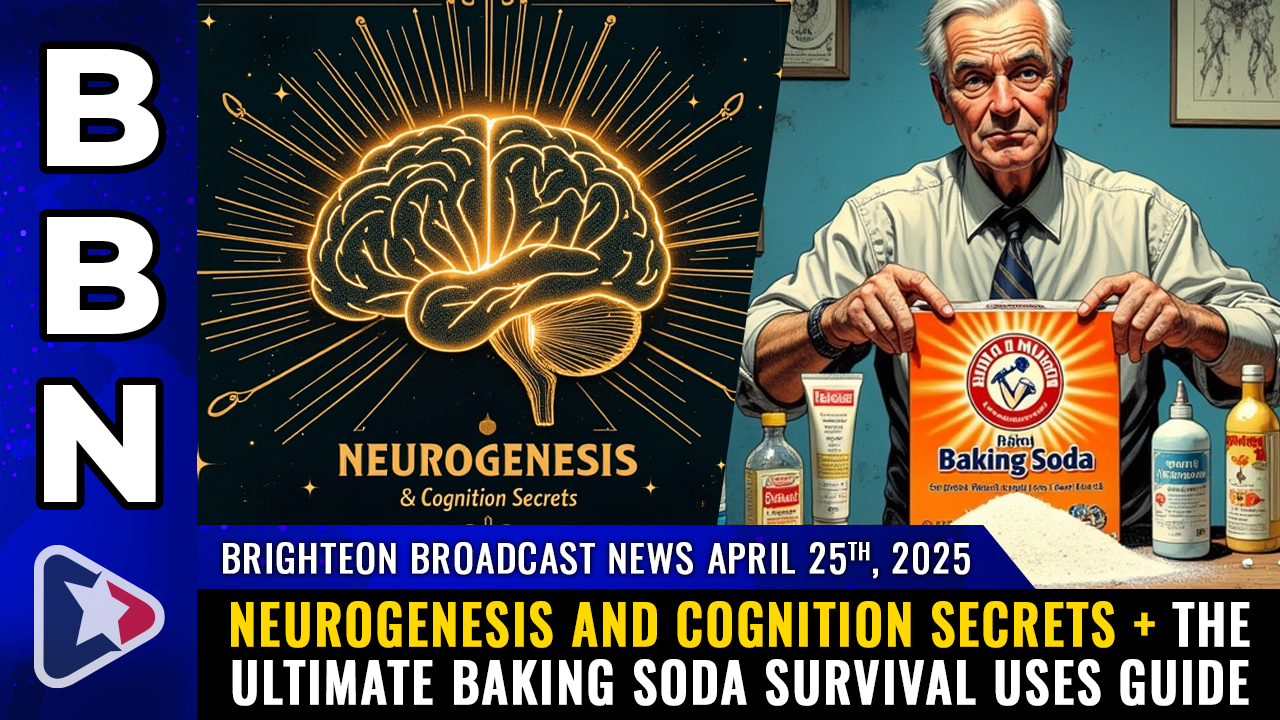“World Without Cancer”: A deep dive into the world of alternative cancer treatments
04/25/2025 / By Kevin Hughes

- Laetrile, also known as amygdalin or vitamin B17, is a natural substance derived from apricot pits and other fruits, which has been both praised as a potential cancer cure and dismissed as quackery, leading to significant debate and controversy in the medical community.
- Dr. Ernst T. Krebs, Jr., introduced laetrile in the 1950s, proposing that cancer is a deficiency disease similar to scurvy, treatable by restoring vitamin B17. This theory has remained a cornerstone of laetrile’s appeal among alternative health advocates.
- The FDA, American Cancer Society and American Medical Association have labeled laetrile as ineffective and potentially dangerous, citing a lack of scientific evidence. However, the high costs and time required for rigorous testing protocols raise questions about the accessibility of alternative treatments.
- The inability to patent laetrile has led to a lack of financial incentive for pharmaceutical companies to invest in its development and testing, potentially contributing to the suppression of information about its benefits.
- Notable cases, such as Dr. Kanematsu Sugiura’s research showing laetrile’s effectiveness in mice and Alicia Buttons’ reported remission of cancer, highlight the personal and emotional dimensions of the laetrile debate.
In the realm of cancer treatment, few topics have sparked as much debate and controversy as laetrile, a compound often referred to as vitamin B17. This natural substance, derived from the pits of apricots and other fruits, has been both hailed as a potential miracle cure and dismissed as quackery. The story of laetrile is a complex one, filled with scientific intrigue, legal battles and a deep divide between alternative health advocates and the mainstream medical establishment. In his book “World Without Cancer,” G. Edward Griffin provides a detailed and compelling account of this controversial treatment, shedding light on its history, scientific underpinnings and the broader implications for medical freedom.
Laetrile, also known as amygdalin, was first proposed as a cancer treatment by Dr. Ernst T. Krebs, Jr., in the 1950s. Krebs posited that cancer is not a disease caused by viruses or toxins but rather a deficiency disease, similar to scurvy or pellagra. According to his theory, modern diets lack an essential nutrient—vitamin B17—which, when restored, could prevent and treat cancer. This idea was revolutionary at the time and continues to be a cornerstone of laetrile’s appeal among alternative health enthusiasts.
Despite the enthusiasm of its proponents, laetrile has faced significant opposition from the medical establishment. The Food and Drug Administration (FDA), the American Cancer Society and the American Medical Association have consistently labeled laetrile as ineffective and potentially dangerous. They argue that there is no scientific evidence to support its use in cancer treatment. However, as Griffin points out, the term “proven” in medical science is often more nuanced than it appears. The rigorous testing protocols required by regulatory bodies can be prohibitively expensive and time-consuming, which raises questions about the accessibility of alternative treatments.
One of the most significant barriers to the acceptance of laetrile is the lack of financial incentive for pharmaceutical companies. Unlike patented drugs, which can be sold at high prices, laetrile is a natural substance that cannot be patented. This means that there is little to no profit to be made from its development and testing. Critics argue that this financial disincentive has led to a deliberate effort to suppress information about laetrile’s potential benefits.
The controversy surrounding laetrile is not just theoretical; it has played out in real-world cases. One of the most notable examples is the story of Dr. Kanematsu Sugiura, a senior researcher at the prestigious Sloan-Kettering Cancer Center. In the 1970s, Sugiura conducted experiments that showed laetrile was effective in stopping the spread of cancer in mice. When his findings were published, they were met with resistance and attempts to discredit them. Despite other researchers confirming his results, the studies were ultimately buried, raising questions about the integrity of the scientific process.
For many patients, the decision to use laetrile is a matter of desperation and hope. Alicia Buttons, the wife of actor Red Buttons, is one such case. After being given a terminal diagnosis by mainstream doctors, she sought treatment with laetrile in Germany and reportedly experienced a complete remission of her cancer. Stories like these, while anecdotal, highlight the personal and emotional dimensions of the laetrile debate. They also underscore the importance of patient autonomy and the right to explore alternative treatments.
The laetrile controversy is about more than just a single substance. It touches on broader issues of medical freedom, the role of powerful institutions and the need for open-mindedness in scientific research. The history of medicine is replete with examples of breakthroughs that were initially ridiculed or suppressed, only to be later recognized as valid. Galileo’s heliocentric model and Dr. Ignaz Semmelweis’s advocacy for handwashing are just two such examples.
As the debate over laetrile continues, it is clear that the truth is often complex and multifaceted. The medical establishment’s skepticism is understandable, given the lack of robust clinical trials, but the personal stories of patients who have found hope and healing through laetrile cannot be ignored.
Watch this video about G. Edward Griffin’s book “World Without Cancer.”
This video is from the BrightLearn channel on Brighteon.com.
Sources include:
Submit a correction >>
Tagged Under:
American Cancer Society, American Medical Association, amygdalin, cancer, cancer treatment, Clinical trials, FDA, G. Edward Griffin, galileo, healthcare, laetrile, medical freedom, medical science, Pharmaceutical companies, vitamin B17
This article may contain statements that reflect the opinion of the author
RECENT NEWS & ARTICLES
COPYRIGHT © 2017 SCIENTIFIC NEWS




















